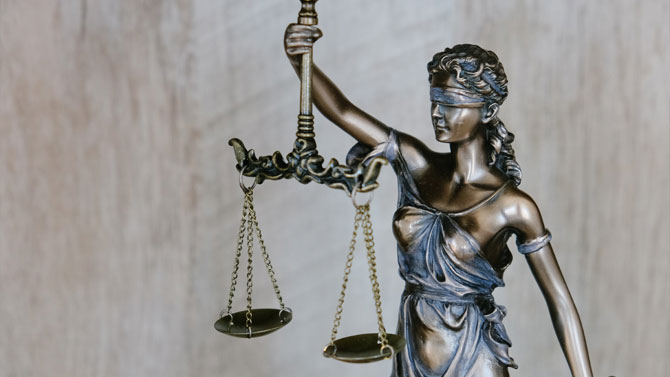Look what Taylor Swift made the Supreme Court do. Citing the pop icon, the Supreme Court recently hinted approval for … Read More


Look what Taylor Swift made the Supreme Court do. Citing the pop icon, the Supreme Court recently hinted approval for … Read More
On Tuesday, July 28th, Missouri Senator Joshua Hawley introduced a bill to limit protections for companies that “display manipulative, behavioral … Read More
Although publishers often cry “fair use” to defend their use of copyrighted images, two recent federal court decisions highlight the … Read More